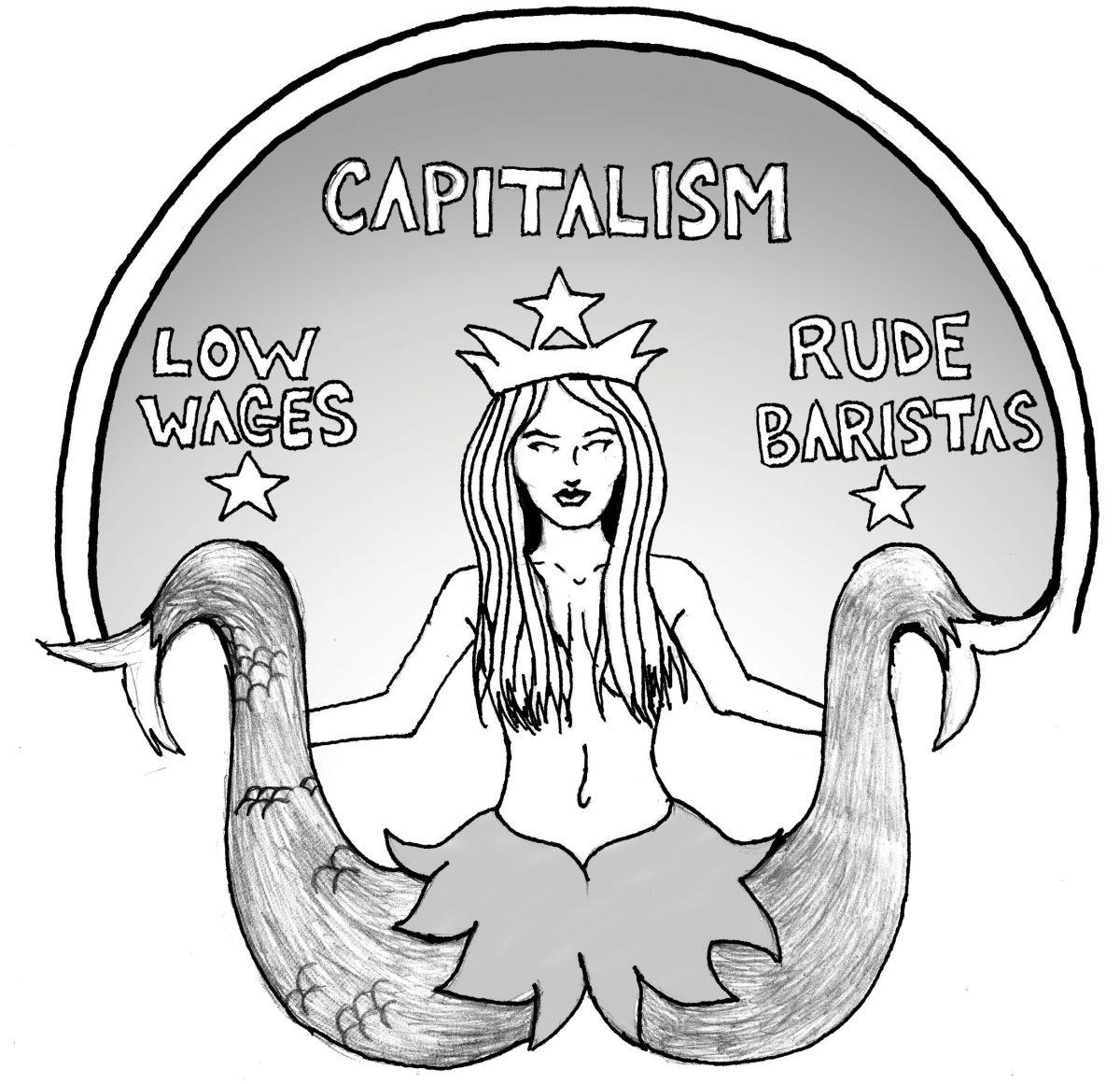Coffee behemoth Starbucks recently announced a plan to pay for its United States employees’ college education in partnership with Arizona State University. Of its 135,000 U.S. workers, those working at least 20 hours a week will be eligible to get an online degree from ASU, with full tuition paid for those with at least two years of college credit and subsidized costs for those with fewer than two years of credit. Workers will not be required to stay employed with Starbucks as part of the deal.
Now, as reported by Forbes, even if 3 percent of workers enroll in this program, it would cost Starbucks only $50 million annually, though its after-taxes profits for the last quarter was $427 million. Furthermore, the spending will be tax-deductible, or, “it should have minimal effect on its profitability,” as Forbes said.
Still, the fact stands that this spending should be, to some extent, an expenditure for Starbucks possibly motivated by genuine benevolence. As The Associated Press reported, Starbucks CEO Howard Schultz said this issue was personal, as he was a first-generation college student.
“I could care less about marketing,” Schultz said. “This is not about PR.”
But I’m not impressed.
The very fact that this is happening, whether or not it’s guided by pure motives, could not be possible without faults and distortions in the economic system. How has Starbucks acquired the level of wealth and financial stability that allows it to fund so much education?
Above all, the answer is the same thing that makes Starbucks the empire it is: thuggery at every step of the supply chain. Starbucks viciously exploits its farmers. For example, in Ethiopia, the farmers, two million of whom are children working an average of 30 hours per week, are paid 2.2 percent of the projected retail price of a pound of coffee they grow.
On the consumption end of business, Starbucks pays its workers poverty wages and has been involved in union-busting activities. Moreover, it’s a conglomerate with an invasive nature, throttling local businesses wherever it goes. It has also been implicated in tax evasion. Basically, Starbucks has made its fortune by furthering an unjust and precarious economic system.
There is also the matter of online education. As Sara Goldrick-Rab, professor of educational policy studies and sociology at the University of Wisconsin at Madison, said to MSNBC, “… Studies indicate that online education not only doesn’t work well for [low-income students], but can also propel them backwards.” Regarding the Starbucks-ASU partnership, Goldrick-Rab also said, “ASU Online is a profit venture … and basically, these two businesses have gotten together and created a monopoly on college ventures for Starbucks employees.”
Programs such as this one—or charity in general—can only help a bit on the supply side of things, but in a way that an unchanged demand for education would keep its cost at the inordinate levels it is at. In other words, charity can’t repair an outrageously overpriced system. And that is where our emphasis should be, as well as on Starbucks’ misdeeds and the greater structure of exploitation it forms a small but sure part in sustaining.
Applauding this move of Starbucks would be to uphold the ideology that the ideal economic setup involves some people making as much money as they can and want through conditions that disallow most people from making enough to comfortably survive, and then giving some of that as charity. This is opposed to a setup wherein everyone can earn fair amounts. Wherein the system is designed in such a way that charitable interventions by monopolies—interventions that end up validating monopoly power—aren’t necessary. Displays of corporate altruism are, generally speaking, lies and obfuscations of greater problems, and so, Starbucks—or any business like it—cannot do good without fortifying an inherently bad arrangement.











